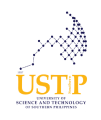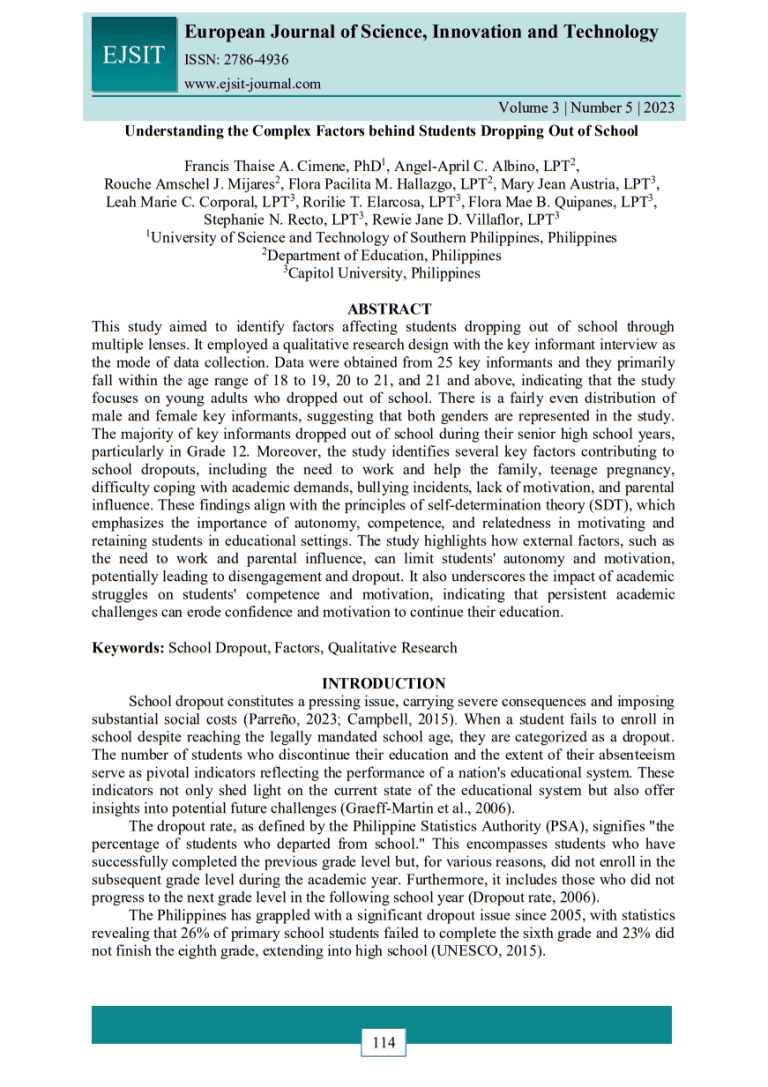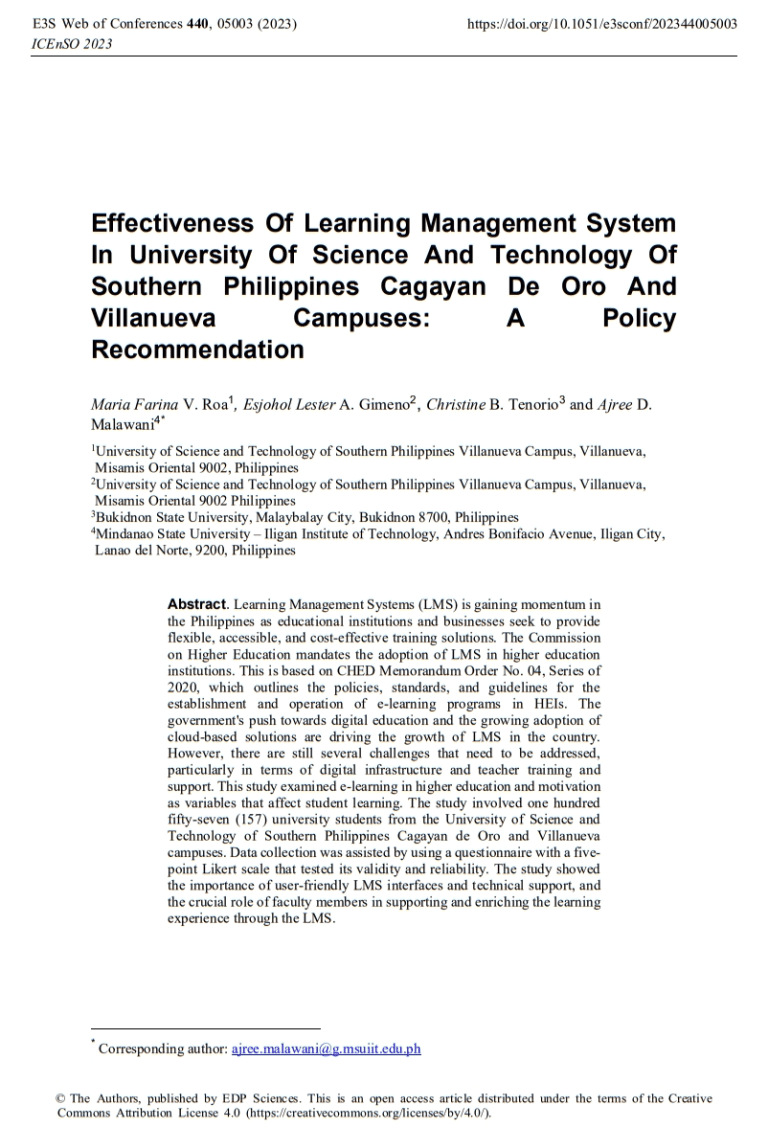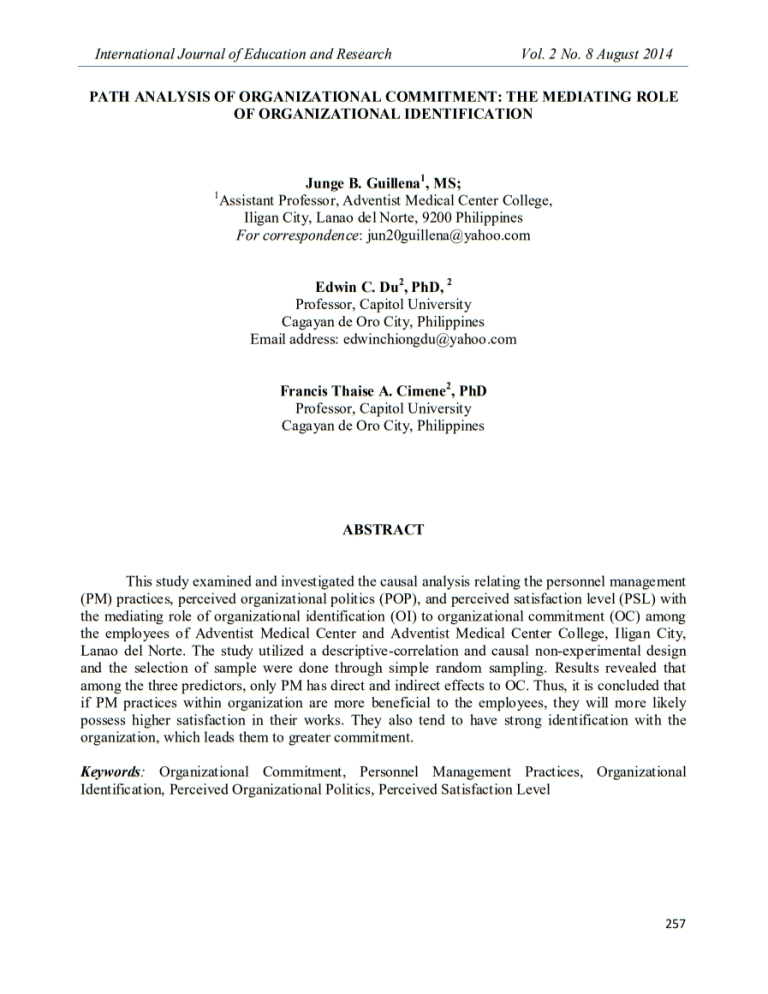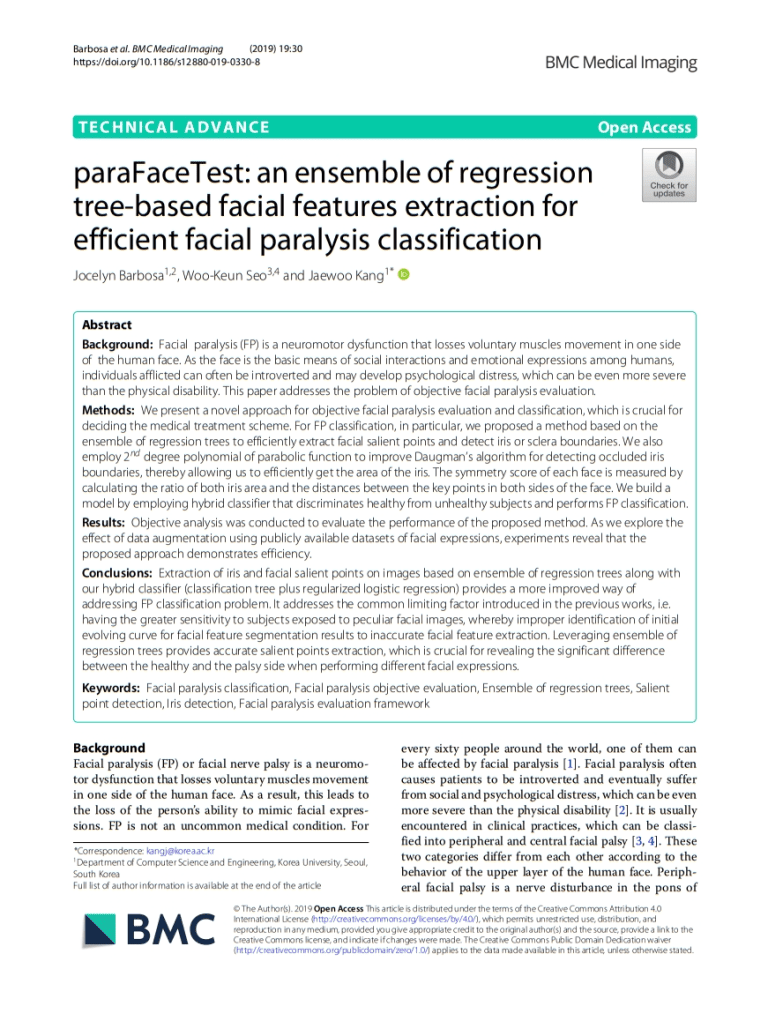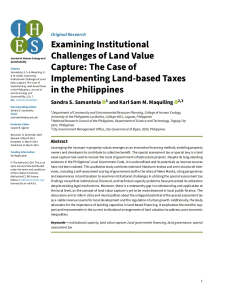

Published: Mar 14, 2024 | Updated: May 02, 2024
Examining Institutional Challenges of Land Value Capture: The Case of Implementing Land-based Taxes in the Philippines
Authors: Karl Sam Maquiling and Sandra S. Samantela Community/Rural/Urban Development, Financial Economics, Land Economics/Use, Public EconomicsAbstract
Leveraging the increase in property values emerges as an innovative financing method, enabling property owners and developers to contribute to collective benefit. The special assessment tax or special levy is a land value capture tool used to recover the costs of government infrastructure projects. Despite its long-standing existence in the Philippines’ Local Government Code, it is underutilized and its potentials as revenue sources have not been realized. This qualitative study combines extensive literature reviews and semi-structured interviews, including a self-assessment scoring of government staff in the cities of Metro Manila, citing perspectives and experiences in land taxation to examine institutional challenges in utilizing the special assessment tax. Findings reveal that institutional, financial, and technical capacity problems have prevented its utilization despite existing legal mechanisms. Moreover, there is a noteworthy gap in understanding and application at the local level, as the concept of land value capture is yet to be mainstreamed in local public finance. The discussions aim to inform cities and municipalities about the untapped potential of the special assessment tax as a viable revenue source for local development and the regulation of urban growth. Additionally, the study advocates for the importance of building capacities in land-based financing. It emphasizes the need for support and improvements in the current institutional arrangements of land valuation to address socio-economic inequalities.
Keywords: institutional capacity ; land governance ; land value capture ; local government financing ; special assessment tax


